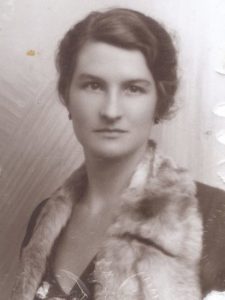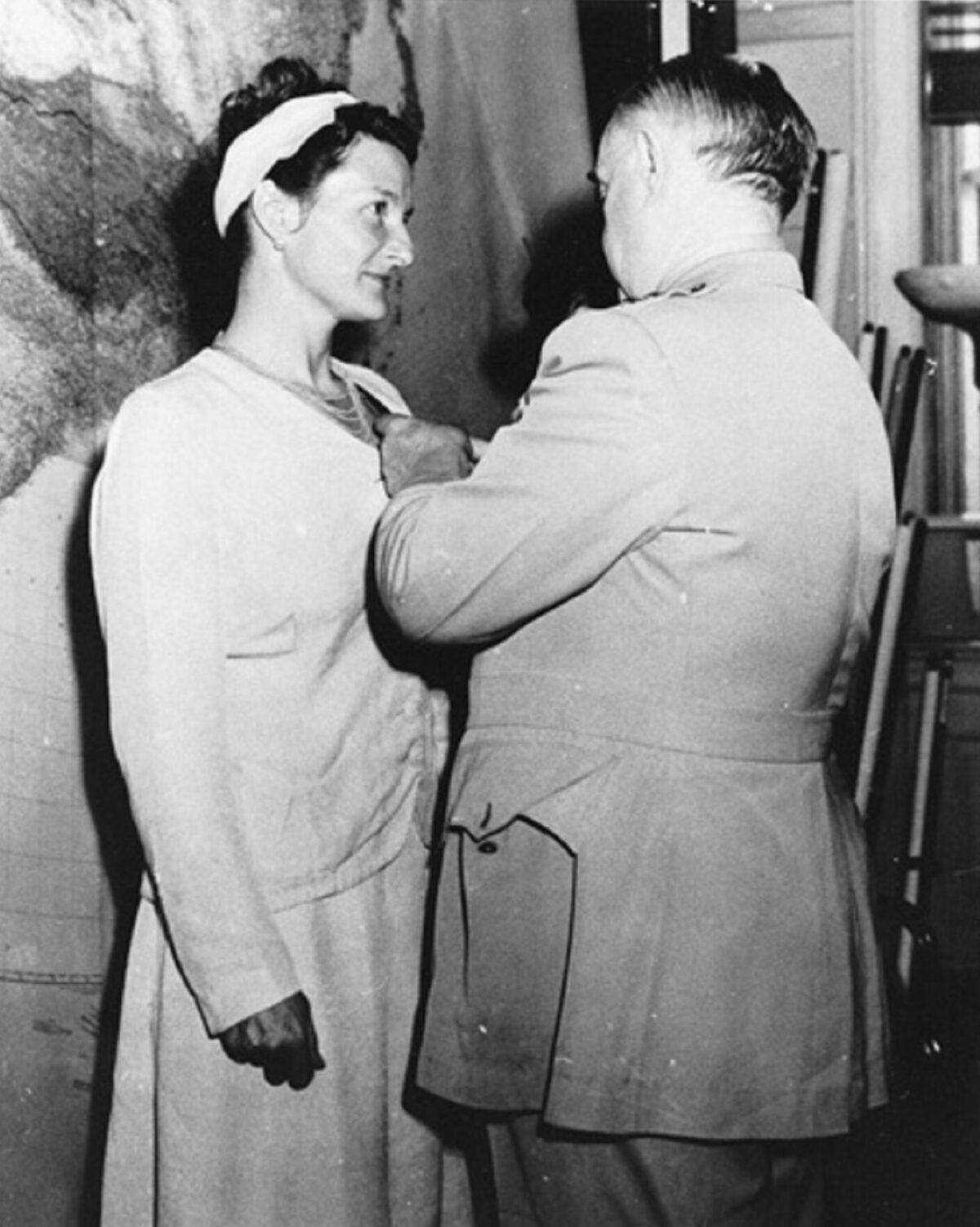By any measure, Virginia Hall is one of America’s two greatest female war heroes. Mary Edwards Walker, who earned the Medal of Honor while serving as a contract surgeon during the Civil War, is fairly well known. But few people have ever heard of Hall, even though she is the only woman ever awarded the Distinguished Service Cross (DSC). Hall served as an undercover agent in France, first for the British Special Operations Executive (SOE) and then for the U.S. Office of Strategic Services (OSS).

During World War II the German Gestapo was very aware of Hall. One of its operational directives described her as “one of the most dangerous Allied agents in France.” It concluded, “We must find and destroy her.” Hall’s wartime achievements were all the more remarkable because she had a wooden leg. That should have made it easier for the Gestapo to find the agent they called “The Limping Lady,” but she managed to elude them throughout the war.
Hall was born into a wealthy Baltimore family in 1906. She studied European languages at Barnard and Radcliffe, and then at the Sorbonne in Paris and the Konsularakademie in Vienna. In 1931 she took a job as a consular clerk at the U.S. Embassy in Warsaw, planning to pursue a diplomatic career. Those hopes were dashed the following year when she lost her lower left leg as the result of a hunting accident in Turkey. The State Department in those days did not accept people with physical disabilities for the Foreign Service.
Hall resigned from the State Department and was living in Paris when Germany invaded France in 1940. She joined the French Ambulance Service, and then made her way to London after the fall of France. With her extensive knowledge of France, her language skills and her American citizenship—America remained officially neutral at that point in the war—Hall was a natural recruit for the SOE. Following training in England and Scotland, she returned to France in August 1941, operating under the guise of an American newspaper reporter. A consummate actress, she continually switched covers, especially after America entered the war.
For 15 months Hall operated with the French Resistance, reporting German troop dispositions to London and coordinating escape routes for downed Allied airmen. In November 1942 she left France a step ahead of the Gestapo by fleeing on foot over the Pyrenees into Spain. She didn’t make it back to London until July 1943. By March 1944 Hall had moved over to the American OSS and was spirited back into France at her own request.
Working with the Resistance in southern France, Hall coordinated supplies and training for French Forces of the Interior units. In August 1944 the three battalions of Resistance fighters she coordinated destroyed four bridges behind enemy lines, derailed several German supply trains, killed more than 150 Germans and captured another 500.
Awarded the DSC in September 1945 for her efforts in France, Hall declined a public presentation of the decoration from President Harry Truman. As an active intelligence operative, she didn’t want the publicity. Instead, OSS chief Maj. Gen. William “Wild Bill” Donovan, himself a DSC recipient, presented her with the medal during a private ceremony at his office, witnessed by Hall’s mother. Although Hall was technically a civilian agent of the OSS, the regulations for the DSC specifically state that nonmilitary personnel are eligible.
In 1951 Hall joined the new Central Intelligence Agency, becoming one of the CIA’s first female operations officers. She retired from the CIA in 1966 and died in 1982.
The British too had recognized her service in 1943 by making her a Member of the Order of the British Empire (MBE). But the Royal Warrant, signed by King George VI, never caught up with Hall. On Dec. 13, 2006, the British ambassador in Washington presented the tardy MBE certificate to Hall’s niece.
Since the end of the Vietnam War tens of thousands of women have served in the ranks of the U.S. armed forces, increasingly in direct combat assignments. It is only a matter of time before another woman earns the Medal of Honor or the DSC or the Navy Cross. Virginia Hall, however, will forever remain one of America’s greatest war heroes.
Originally published in the December 2008 issue of Military History. To subscribe, click here.





